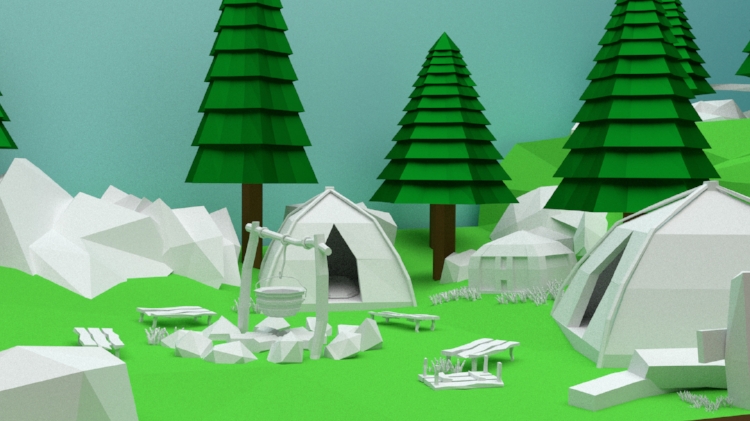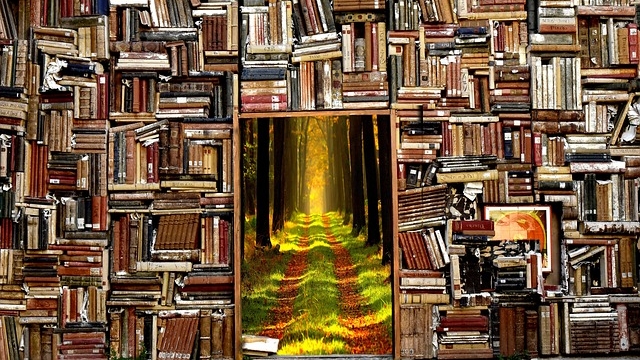Are you an indie game developer getting ready to develop & launch your first game? Perhaps you've created a few games now and want to get your marketing right?
I'm a game music composer (Ninichi), with a background in marketing and I am a keen supporter of indie games. That’s why I've put together these 6 marketing-related top tips to help you market your indie game successfully. Marketing is often the most challenging part of developing a game and it’s also often the area which many people dislike the most!
So, here are a few actionable tips to help you get started on the right track with marketing your indie game:
1. Create a Game Trailer
– to build excitement and anticipation around your game release. Highlight some of the key aspects of your game and think about how to make it compelling to your audience. What makes your game unique? Why should people play it?
See How to Create an Awesome Indie Game Trailer
2. Create or update your website
– and dedicate at least a page to your new game. Your website is there to showcase you – your company, who you are, what you’re about and your game. Include screenshots and make the site visually appealing to the eye. Update it regularly to keep your audience up to date.
3. Blog about your game
– to keep your audience informed and to bring your game to life. Build a fan base and loyal following by giving people that extra insight into what you’re up to – the good, the bad and the ugly! By blogging and sharing your development journey with others, you are showing people that you’re a fellow human being. You’ll be surprised at the support that people can offer you if they see you working hard at what you love! (See my blog homepage for ideas and more advice/tips on game development and game music)
4. Tweet regularly
– with updates on your game development. Don’t hide away the awesome progress you’re making on your indie game. Marketing is all about sharing, communicating, engaging and showing others what’s exciting about what you’re doing and why they should be interested in it.
Share screenshots, example gameplay, concept art and anything else that you can to keep people informed and to get them excited about what you’re game! The chances are, what you’re game looks and sounds like - is a bit different and new compared to what else is out there. So, build on that and show people what your indie game looks like. Make them feel involved and let them support you as you develop your game.
(See my article on How to Promote Your Game on Twitter, to become more effective at this)
5. Gain support from the indie developer community
– by forming strong lasting relationships with them. Follow fellow indie game developers on Twitter and other social media networks and indie game forums. Try to engage and interact with them. Encourage them where you can and help them as often as you can. The indie game community is an invaluable source for learning and support throughout your game development process. These are people in the same boat as you or who have lived through what you’re trying to do now with your game. Don’t be afraid to ask for help and to share your own experiences with the game development community.
Follow me @ninichimusic and make yourself known to me so that I can help to support your game on Twitter too!
6. Gain publicity
– and give your indie game some good exposure. In order for people to learn about your game and to find out about it, you need to get the game in front of them! There are so many indie games being developed nowadays that you need to be proactive in getting yours out there.
You can do this by contacting bloggers, Youtubers, game review sites – and asking them to take a look at your game. The more exposure you can get for your game, the better. This blog for example, is an excellent platform for introducing your game to fellow game developers and those interested in games and game music.
What to read next:
About the author: Ninichi is a freelance, indie game music composer. She has worked on the soundtracks to many indie games and is open to commissions. Contact her now to discuss your project.
She runs this blog to offer insight, resources and tips to support indie games and indie projects.
Explore examples of her game music here & follow her @ninichimusic











